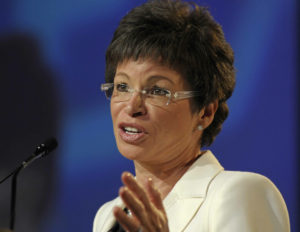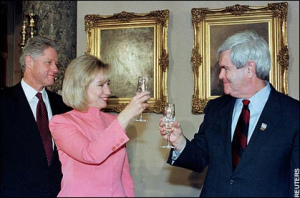I believe successful governing is a team sport.
At the highest level of U.S. government, it involves two of three branches working hand in glove to find common ground. The executive branch and the legislative branch develop relationships at the top of their respective chains of command.
Presidents become friendly with the speaker of the House and the Senate leadership. They need not become friends, but friendliness does not require actual friendship. When they belong to competing parties, that relationship becomes even more critical.
However, that’s changing. It changed when Donald J. Trump took the presidential oath in January 2017. Now he is competing with a House of Reps that is run by the competing party. Trump and the speaker of the House, Nancy Pelosi, do not get along.
Sigh . . .
I long for the way it used to be when President Reagan and House Speaker Tip O’Neill would savage each other publicly, then slip into the House cloak room for an adult beverage after hours. They reportedly would laugh about the language they used on each other. They understood how to govern. O’Neill was the crusty Democratic pol with decades of experience in Washington. Reagan was new to D.C., but had eight years of governmental executive experience as governor of California.
Oh, man, it’s all different now. The speaker has decades of experience legislating. Pelosi is tough, shrewd, steely. Donald Trump also is new to Washington, but he doesn’t have a clue about governing and how to negotiate with the other side. The Senate Democratic leader, Chuck Schumer, also expresses extreme distaste for Trump as president.
Trump told the Republican convention in the summer of 2016 that “I, alone” can repair what ails the nation. No, he cannot. However, he’s trying like hell to make that boast come true.
It will not work. It cannot possibly work. Donald Trump is not a team player. A man with not a single moment of public service experience before becoming president of the United States cannot possibly do what needs to be done all by himself.
The nation is going to suffer for as long as this individual remains in its highest elected political office.





